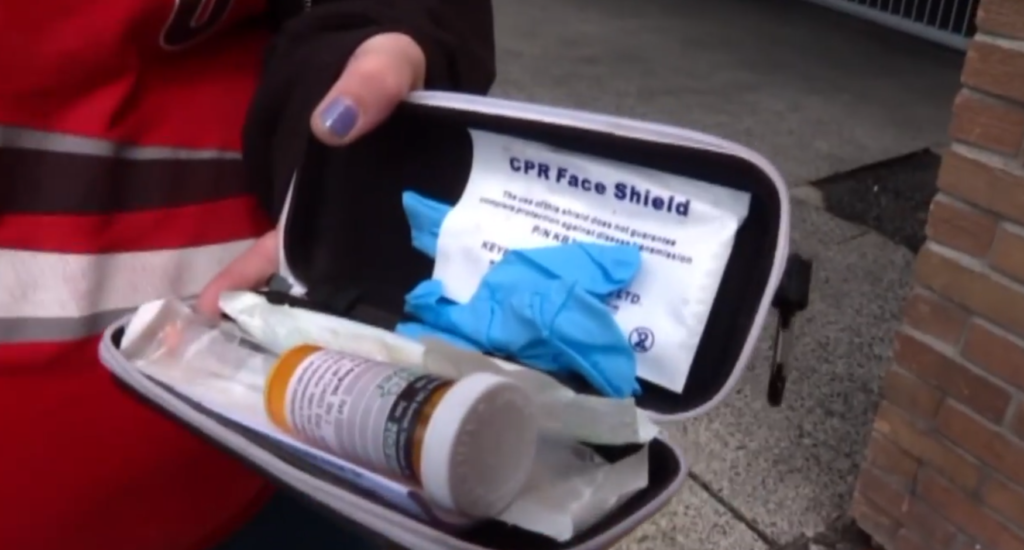
The Province of B.C. is calling on the federal government to issue an exemption for the decriminalization of the possession of small amounts of drugs for personal use after 2020 brought a record-setting year for overdose deaths.
During a press conference on Thursday, Sheila Malcolmson – B.C.’s Minister of Mental Health and Addictions – said the province wants to see a national approach to decriminalization, however, is asking federal Health Minister Patty Hajdu to consider a provincial exemption at the very least.
“Whether it’s Canada-wide or in B.C., it is in the federal government’s power to act,” she said during the live press conference.
According to the BC Coroners Service, 2020 was B.C.’s worst year yet in terms of the number of lives lost due to illicit drug overdoses.
There were 1,716 deaths due to illicit drugs in 2020 in B.C., a 74 per cent increase over the 984 deaths recorded in 2019.
This high number of illicit drug toxicity deaths in 2020 is equal to about 4.7 deaths per day, which is two deaths per day higher than in 2019.
The toxic illicit drug supply in British Columbia has claimed more lives than motor-vehicle crashes, homicides, suicides and prescription-drug-related deaths combined, says the Province.
B.C.’s Chief Coroner, Lisa Lapointe, noted on Friday that she has been frustrated at the slow pace of action.
Lapointe said harm reduction measures, such as overdose prevention sites, were starting to have an effect in 2019, but the COVID-19 pandemic drove people back inside their homes, where they use drugs alone.
“While many may think that deaths due to illicit drugs are confined to small areas or populations in our province, in fact, people are dying in communities across B.C., from all walks of life, and leaving behind broken-hearted family, friends and colleagues,” she told a news conference.
The chief coroner added that there isn’t a part of British Columbia that isn’t impacted by the opioid crisis and it is time for decriminalization so that public health officials can reduce the harm being caused by substance use.
“We know that decades of this punishing and stigmatizing approach have brought us to the devastating place we’re in today,” claimed Lapointe on Thursday.
Lapointe also highlighted the essential need for a safe supply of pharmaceutical alternatives that can be prescribed to patients by doctors and nurses.
Chief Const. Mike Serr of the Abbotsford Police Department was on hand during a Thursday press conference as well and he echoed the same sentiments about decriminalization across B.C.
“As police, we need to continue to focus on organized crime and those who produce, import and distribute these highly toxic and lethal drugs onto our streets,” Serr said.
Serr co-chairs the drug advisory committee of the Canadian Association of Chiefs of Police, which recommended in July 2020 that all police agencies in Canada recognize substance abuse and addiction as public health issues and endorsed the decriminalization of personal possession of illicit drugs.
“We support decriminalization for small amounts of illicit drugs and personal use,” he noted on Thursday. “We need to eliminate the stigma that creates barriers for some to accessing health and social services.”
In July, Horgan wrote to Prime Minister Justin Trudeau, urging federal action to decriminalize simple possession of hard drugs for personal use.
Malcolmson’s request for a provincial exemption follows a similar request from the City of Vancouver in November.
With files to Canadian Press.




